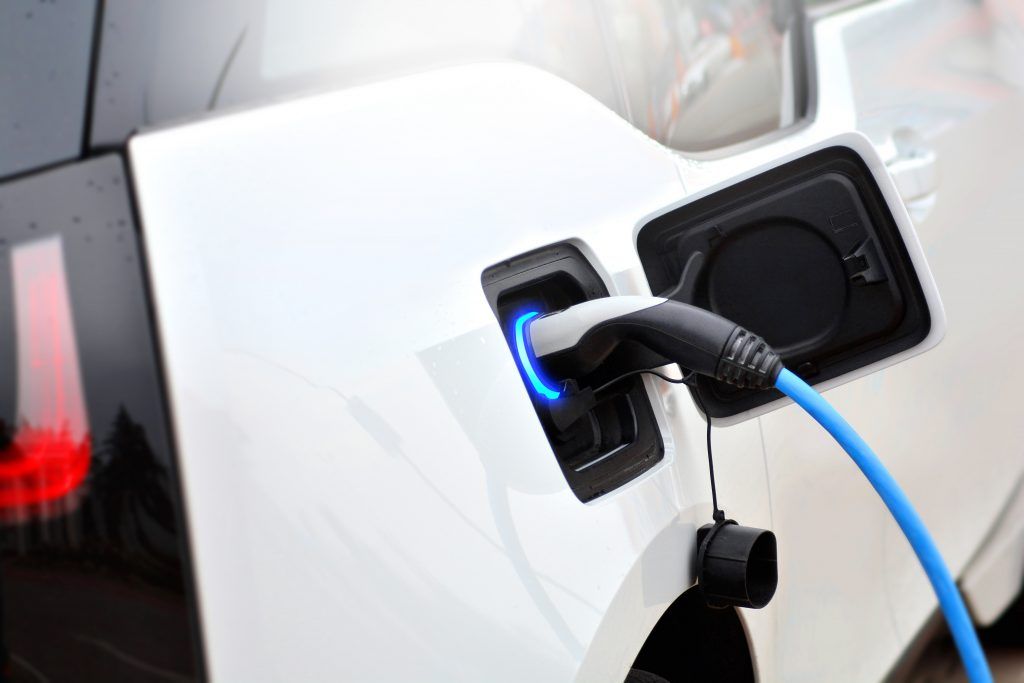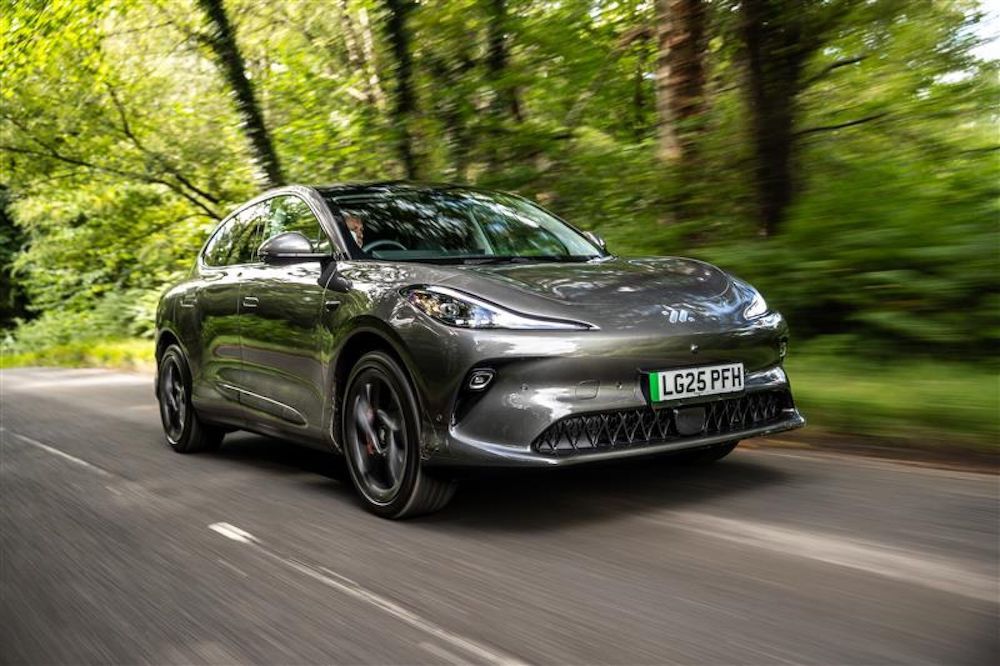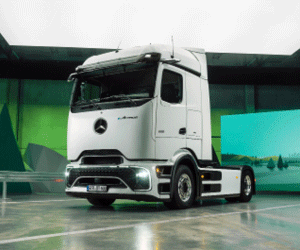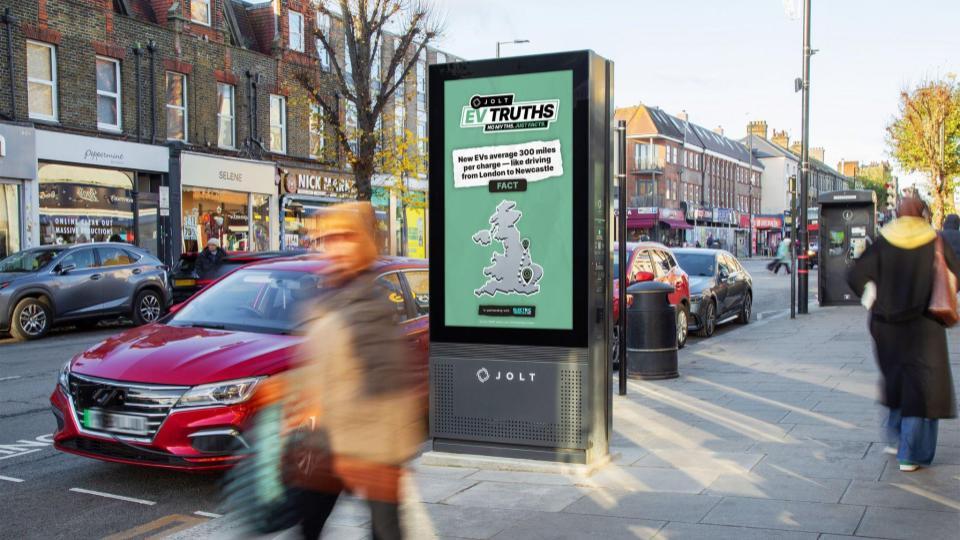The UK has been ranked the fifth best-prepared market in the world for the electric vehicle (EV) transition, despite intensifying challenges around supply and regulation, according to EY’s latest EV Country Readiness Index.
China is still ranked number one, with Norway in second – but the US has climbed four places to third, and Sweden has slipped one place into fourth.
The UK’s rankings for supply (7th to 8th) and regulation (3rd to 4th) both fell by one place year-on-year, but the nation’s overall ranking remains unchanged from last year. This was mainly due to significant demand for new EVs and the impending 2030 ban on the sale of new Internal Combustion Engine (ICE) vehicles encouraging an increasing number of consumers and businesses to go electric.
Despite the UK’s rankings falling in two of the three key criteria, the nation’s EV penetration – BEV and PHEV sales as a percentage of total light vehicle sales – is expected to rise to 26% in 2023 – which is up from 21% last year, and well above the average across all 20 markets (19%).
But it is some way behind front-runners like Norway, who have an 81% EV penetration, Sweden with just over half (53%) and the Netherlands which has a third (35%).
71% of new vehicles between now and 2027 will be EVs – which is up from 60% in 2022. Positively, the UK is aiming to increase its battery production capacity to 41 gigawatt hours (GWh) by 2027, up significantly from 2GWh in 2022, enabling the nation to compete more meaningfully on a global scale. Among other infrastructure improvements, as of August 2023, it has been reported that there were 48,450 public charge points in the UK – up 42% year-on-year.
Maria Bengtsson, EY’s UK Electric Vehicle Lead, said the results were encouraging.
She said: “There is still scope for significant improvement. As the clear global leader according to the Index, China has demonstrated the impact that appropriate regulation along with a localised supply chain and robust infrastructure implementation can have.
“There are lessons to be learned from that for the UK market, and the onus will continue to be on Original Equipment Manufacturers (OEMs) and the Government to collaborate on this challenge going forward.”
“Potential delays to and a lack of clarity on the Zero Emissions Vehicle (ZEV) Mandate, along with uncertainty around plans and progress on the supply side are particular challenges the UK continues to navigate, while regulatory incentives have room for improvement, particularly when compared with legislation brought about in other competing markets.
“In the US, for example, the Inflation Reduction Act has contributed to the country climbing four places into third within the Index’s rankings. However, there are positives to take into account, including recent encouraging sales growth, particularly for new EVs, driven by increasing popularity among consumers and businesses.”
David Borland, EY UK & Ireland Automotive Leader, said: “Going forward, it will be critical for not only the number of EV chargers in the UK, but the location and speed of charging infrastructure, to be prioritised.
“While there are positives, there is a long way to go for the UK to compete with the world’s leading EV markets, particularly in relation to supply and regulation. Specifically, regulatory incentives and support have room for improvement if the UK is to be seen as a top destination for attracting Foreign Direct Investment in the EV space.”
Image from Shutterstock











